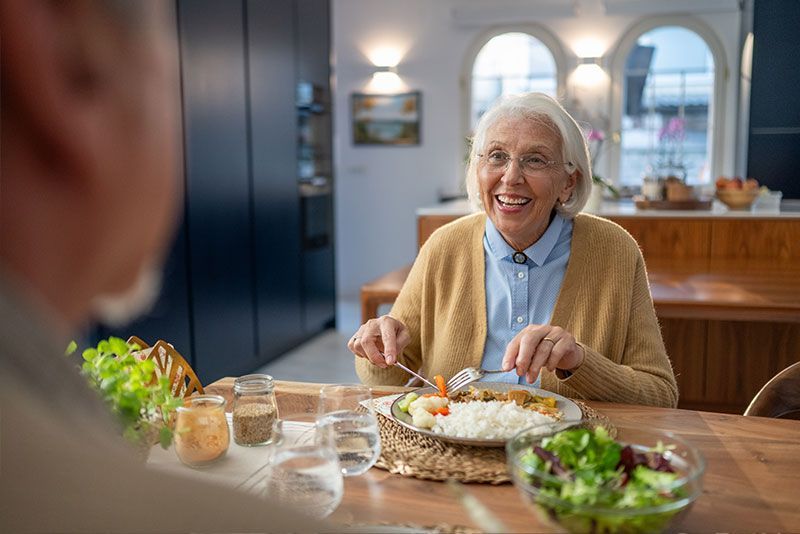What to Do When You Notice Senior Appetite Changes

When meals go untouched, it's often a sign that something deeper is going on. In older adults, appetite loss isn’t just a passing phase—it’s frequently tied to physical discomfort, emotional struggles, or changes in routine. Spotting senior appetite changes early can help you support your loved one with compassion and practical solutions.
Understanding the Roots of Appetite Loss
There’s no single reason why seniors lose interest in food. It’s often a combination of factors: certain medications dull the sense of taste or upset the stomach, dental pain makes chewing uncomfortable, or diminished senses of smell and taste make eating less enjoyable. Depression, grief, and isolation also play a major role, making food seem irrelevant or even burdensome.
Left unaddressed, these challenges can lead to nutritional deficits, which raise the risk of illness, weakness, and even cognitive issues like confusion or memory loss.
Encouraging Eating in Gentle, Thoughtful Ways
Rather than pushing large meals, take a step back and look for simple adjustments that could make mealtimes more appealing:
- Create structure with routine: Serving meals around the same time each day sets expectations and helps regulate digestion.
- Downsize the plate: A large serving can feel daunting. Instead, try smaller, frequent meals with dense nutrition—like cottage cheese with fruit or nut butter on whole-grain toast.
- Modify textures and prep: Finger foods, mashed vegetables, and smoothies reduce the need for chewing or using utensils, which may be challenging.
- Keep favorite snacks within reach: Seniors might be more open to nibbling on foods they enjoy, like soft granola bars, applesauce, or hard-boiled eggs.
- Elevate the atmosphere: A warm setting—with a tidy table, music, and no distractions—can enhance appetite.
- Include them in the decision-making: Whether it’s picking between two types of soup or choosing what snack they’d like, having a say can restore interest in food.
Nourishment Is About More Than Calories
Mealtime is often about comfort as much as nutrition. Sharing a bowl of soup or sitting beside someone while they eat can provide reassurance and connection—two things that may be just as important as the food itself.
Bringing in Additional Support
If the changes you’ve made still aren’t sparking an appetite, don’t go it alone. Home care professionals can step in to help with food prep, grocery shopping, and keeping mealtimes consistent. Their companionship and watchful eye can also help detect problems before they escalate.
Contact us at 617-376-3711 to learn how we can help someone you love in Boston, Metro West, South Coast, and the surrounding areas in Eastern Massachusetts, with live-in care services available throughout New Hampshire, Vermont, Maine, and Massachusetts.



